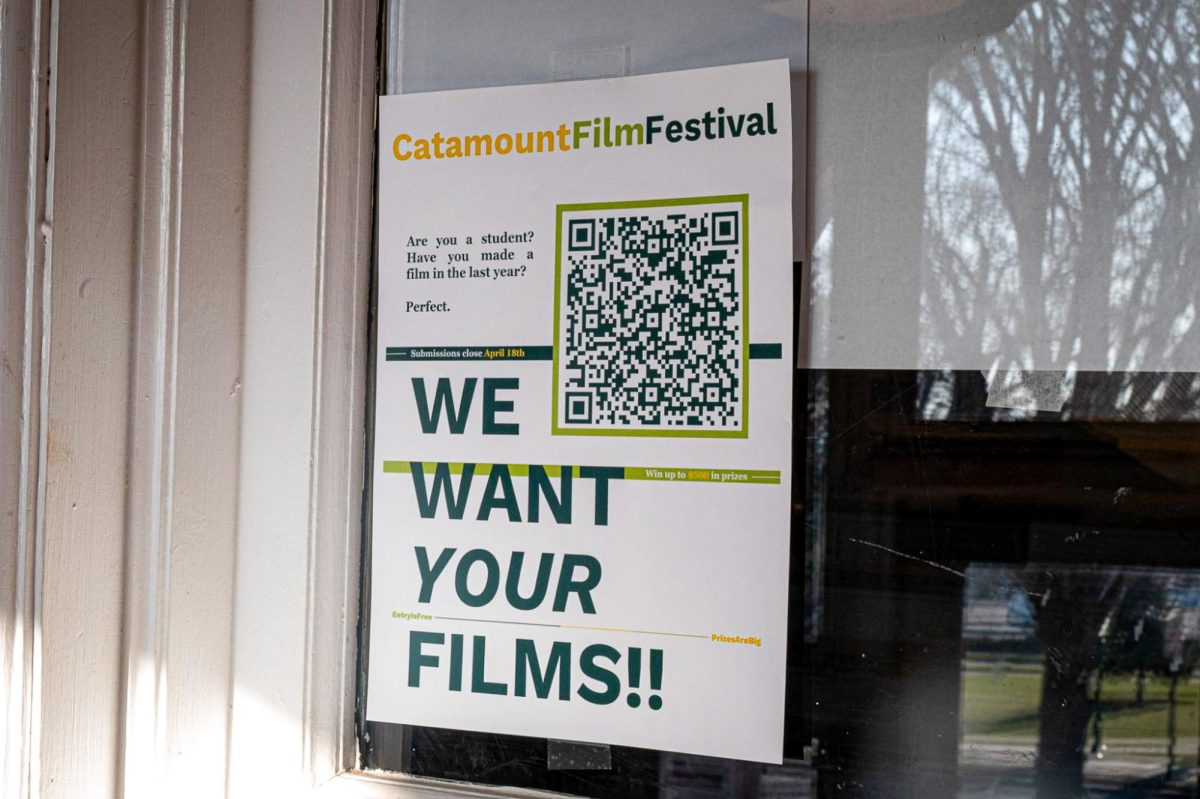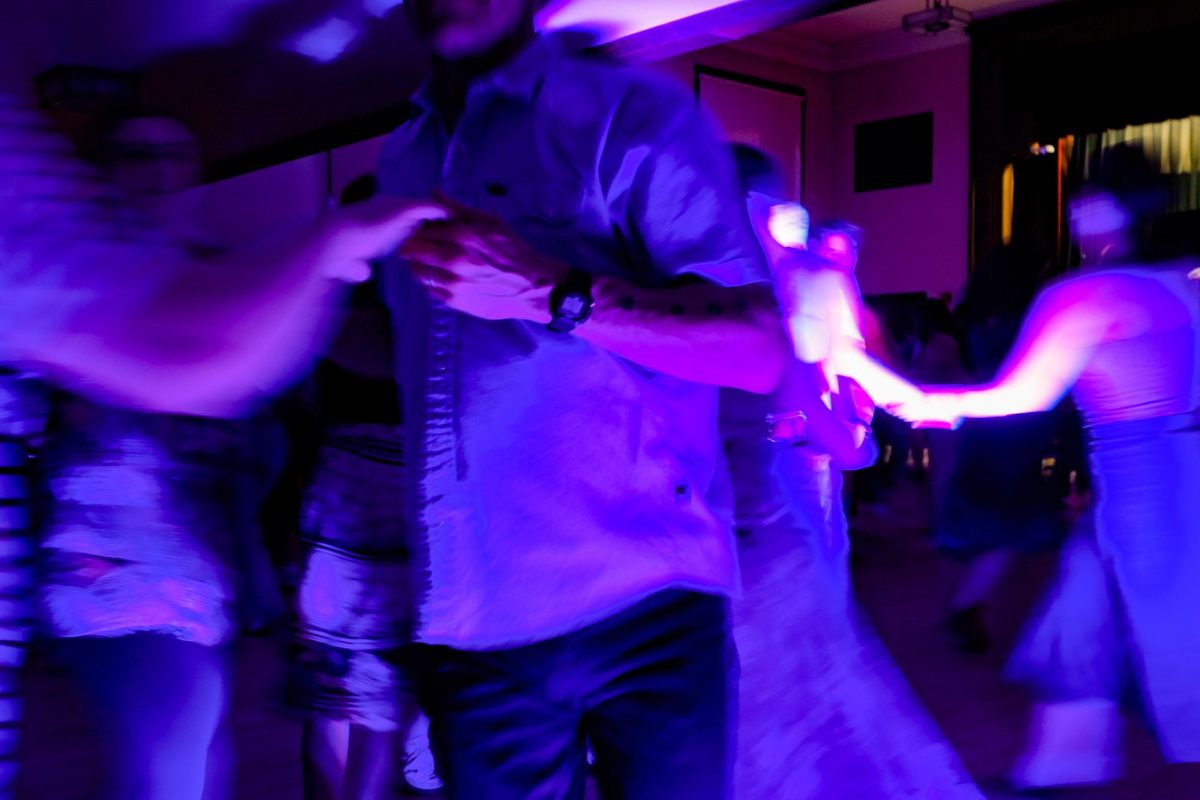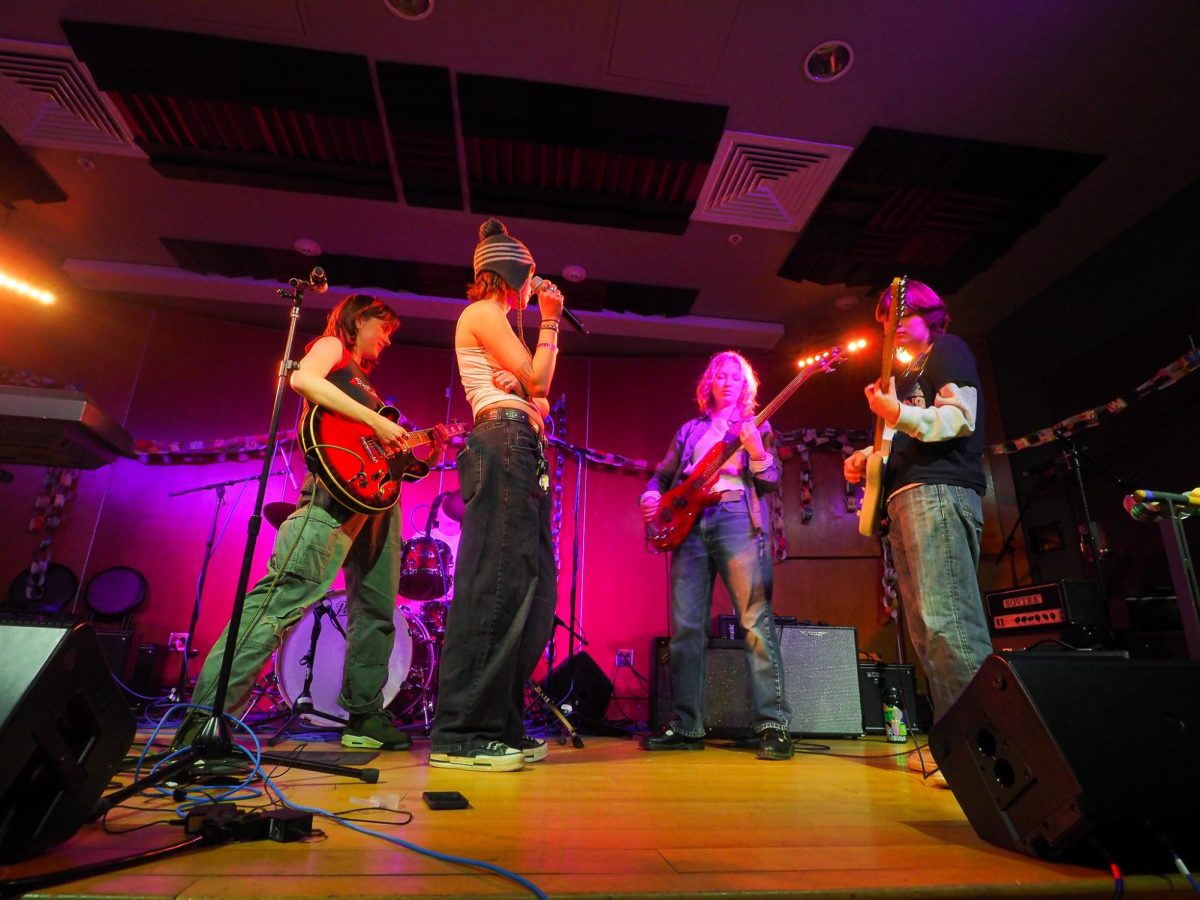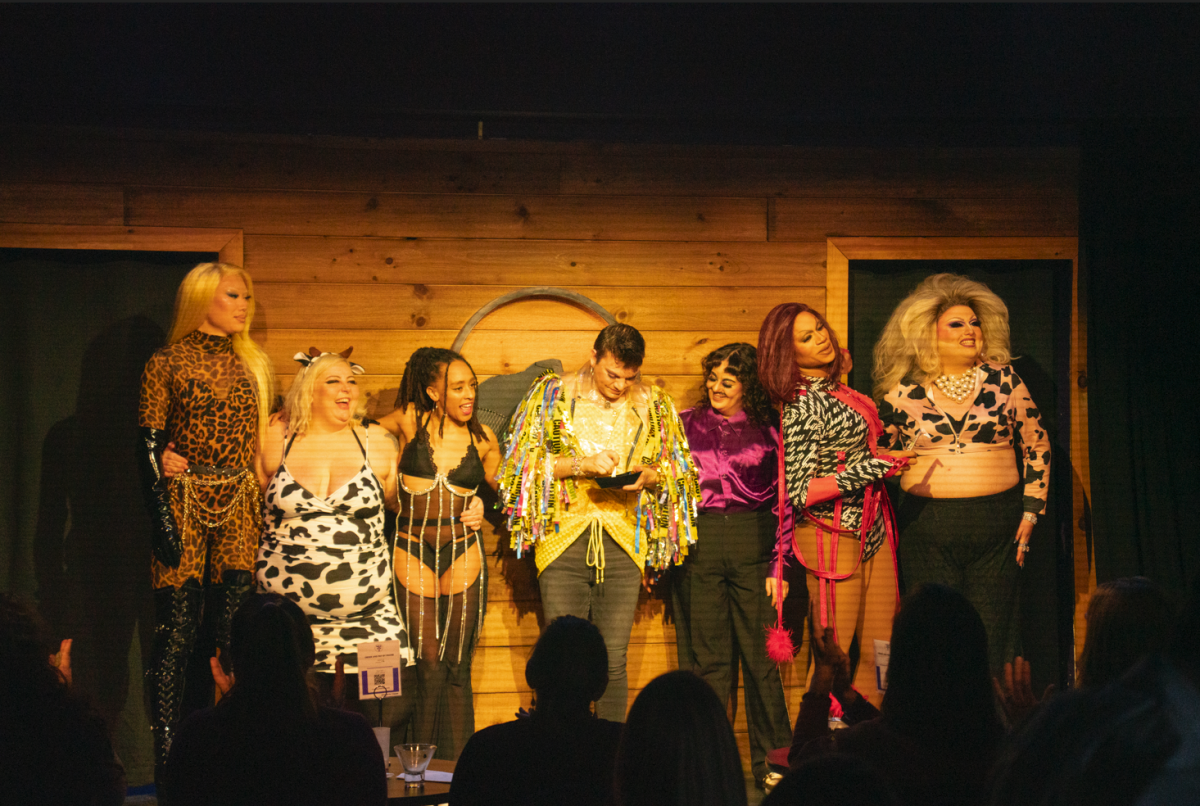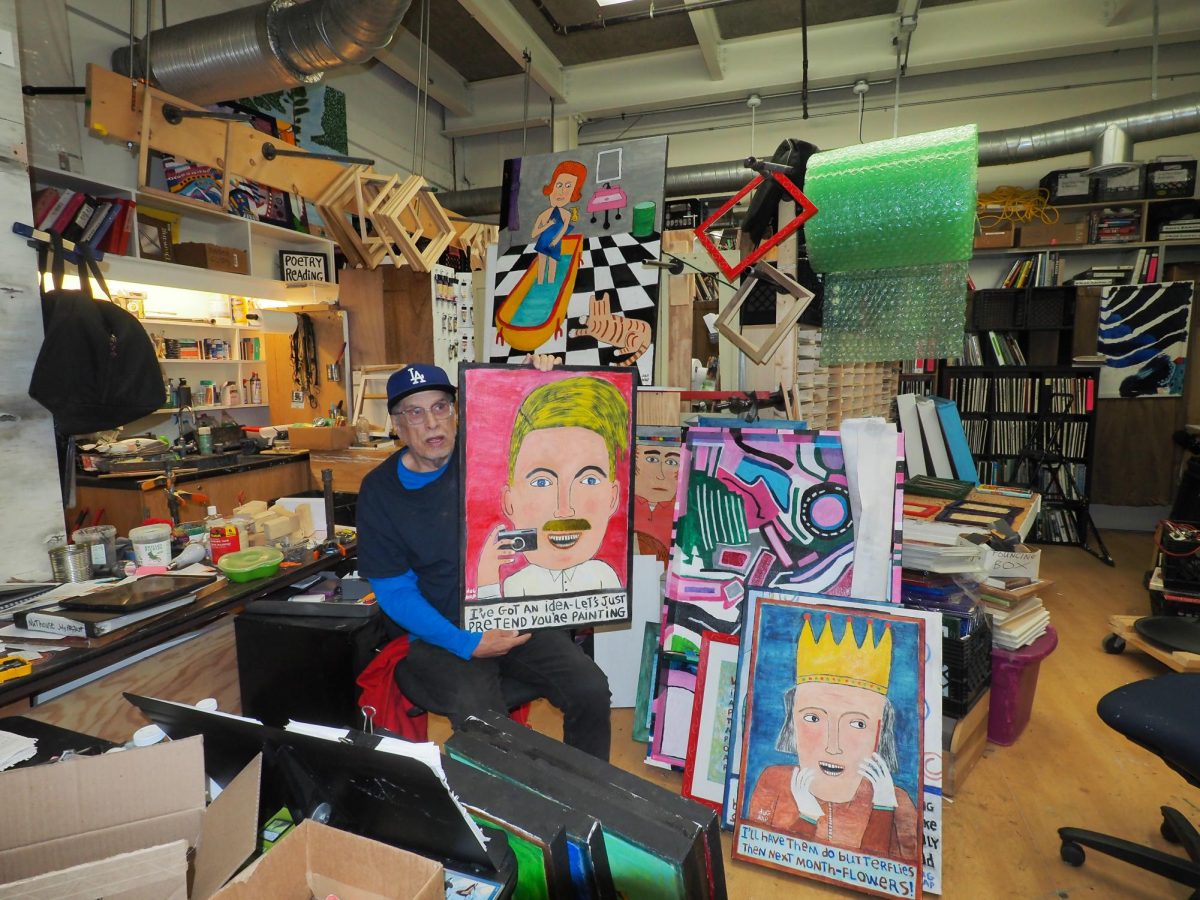ritage Month, Cuban theater group Teatro de la Luna performed “Havana Delirium” by Afro-Cuban playwright Alberto Pedro on Oct. 18.
Teatro de la Luna performed in the Davis Center’s Grand Maple Ballroom to an audience of more than 200 Burlington residents and students, many of whom have studied Spanish with professor Catherine Connor here at UVM.
“I think that this highly successful visit and performance was especially significant because it brought together UVM students, faculty and staff as well as so many Cuban-focused individuals and groups from the community,” Connor said. “We were all there to celebrate together and to show our interest in and support for Cuban people, their arts and music — regardless of political differences between our governments.”
The play was performed entirely in Spanish. Luckily for the viewers not fluent in the language, an English translation was provided above the stage.
All the story needed in order to unfold was a simple set of an abandoned old bar with a piano and several bar stools, and only three actors.
Each actor portrayed an impoverished person in Cuba in the 1990s who wanted to believe that he/she was a famous entertainment personality from the 1940s and ‘50s. These three personalities were Ernest Hemingway’s 1950’s barman Varilla, plus Cecilia Cruz and Benny Moré.
As the play unfolded and the characters sought to escape their harsh surroundings through music and flashbacks to this earlier time period, the onlooker was able to catch a vivid glimpse of many of Cuba’s cultural, political and economic challenges both in the past and the present.
“Teatro de la Luna showed us that despite the continuing questions and problems of poverty, emigration, religious differences and racism, Afro-Cuban cultures remain at the center of what it is to be Cuban,” Connor said. “As director Raúl Martín expressed, Cuba has always been in a euphemistic ‘special period,’ always waiting for real freedom and independence as individuals and as a nation.”
Connor said that the opportunity to see the play performed live really enhanced the experience for her students.
One of the main difficulties when reading a play in class is trying to understand the stage directions.
“So many of the students commented that now they really understand the differences between reading a play as though it is narrative fiction and reading it with real embodiment as actors do to become the characters the spectators will get to know,” Connor said. “Students realized how little attention they had paid to the stage directions when they were reading.”
Those who had not read the play before were also able to take much from the experience.
“They were able to learn about the many varied viewpoints on the socio-political and economic issues as well as the profoundly personal and cultural ones,” Connor said.
Spectators also seemed to enjoy the music, which was a vital part of the performance. Several in the crowd were swaying along and mouthing the words to the more famous numbers.
Aside from being a form of entertainment for the UVM and Burlington communities, Connor said that the performance of “Havana Delirium” might have a lasting impact.
“All of the enthusiastic and supportive spectators encourage professors and students alike to re-examine the possibilities of having UVM education-based exchanges with Cuba restored,” she said.


